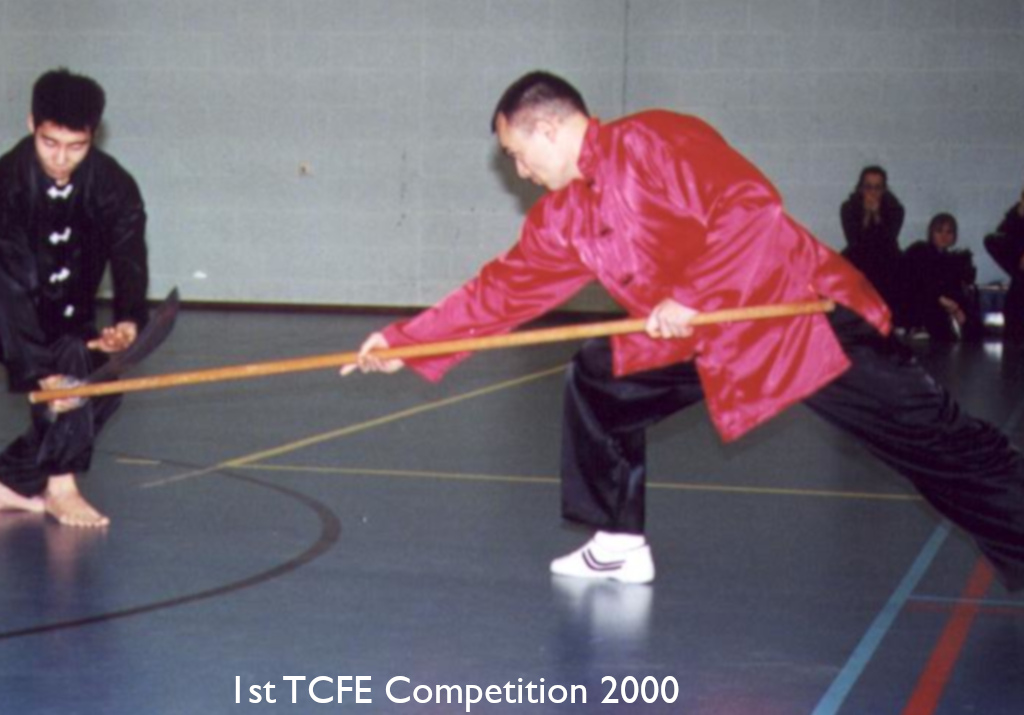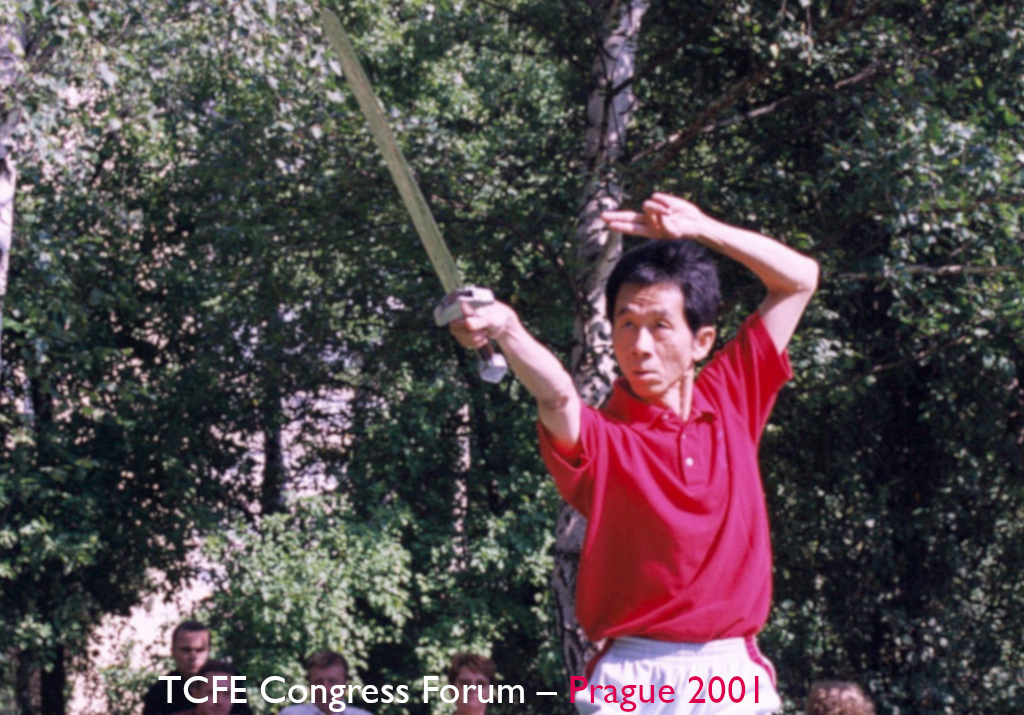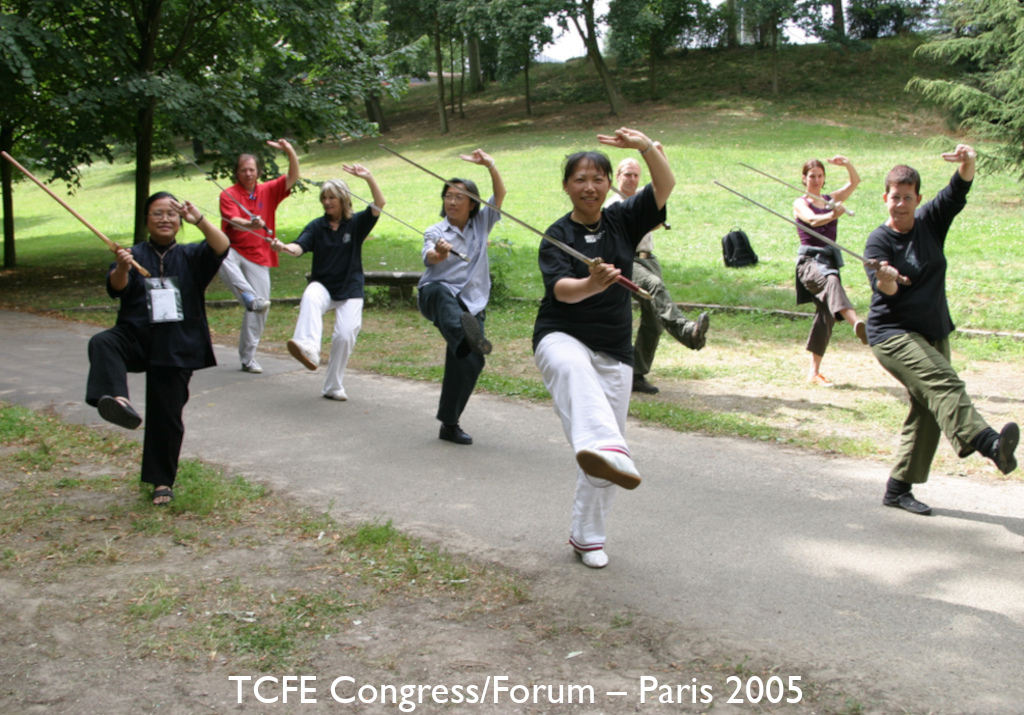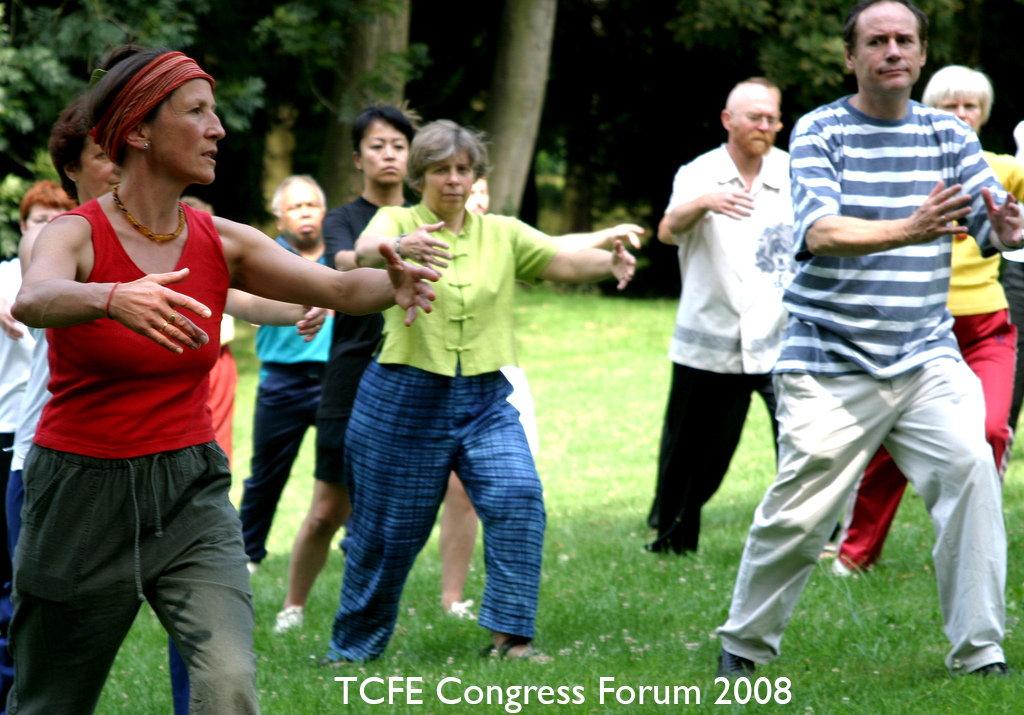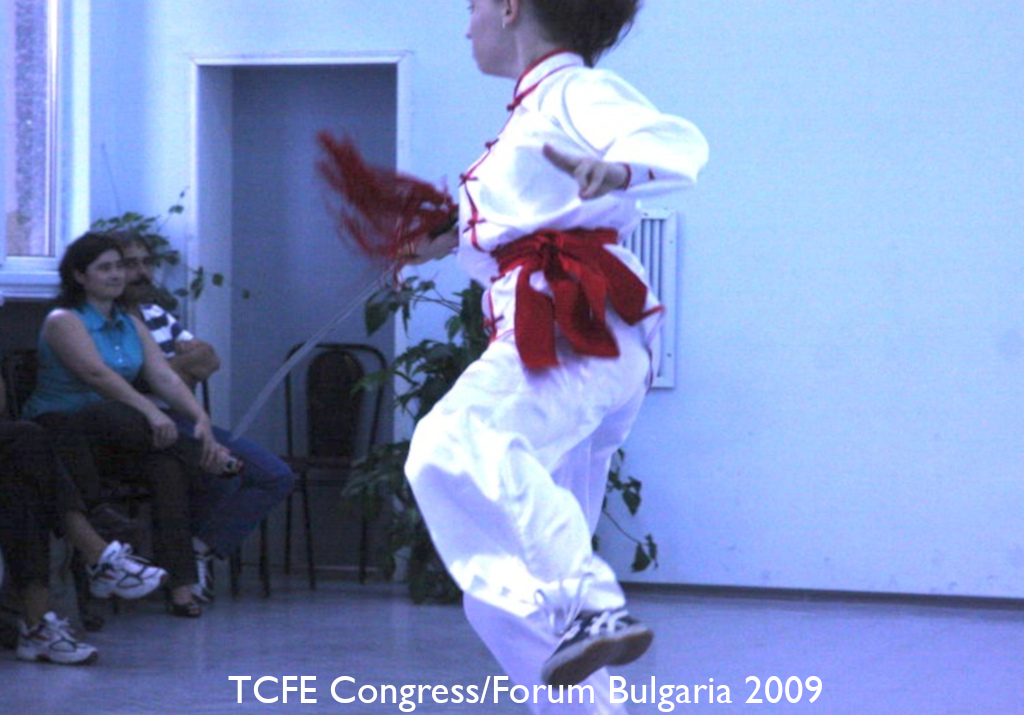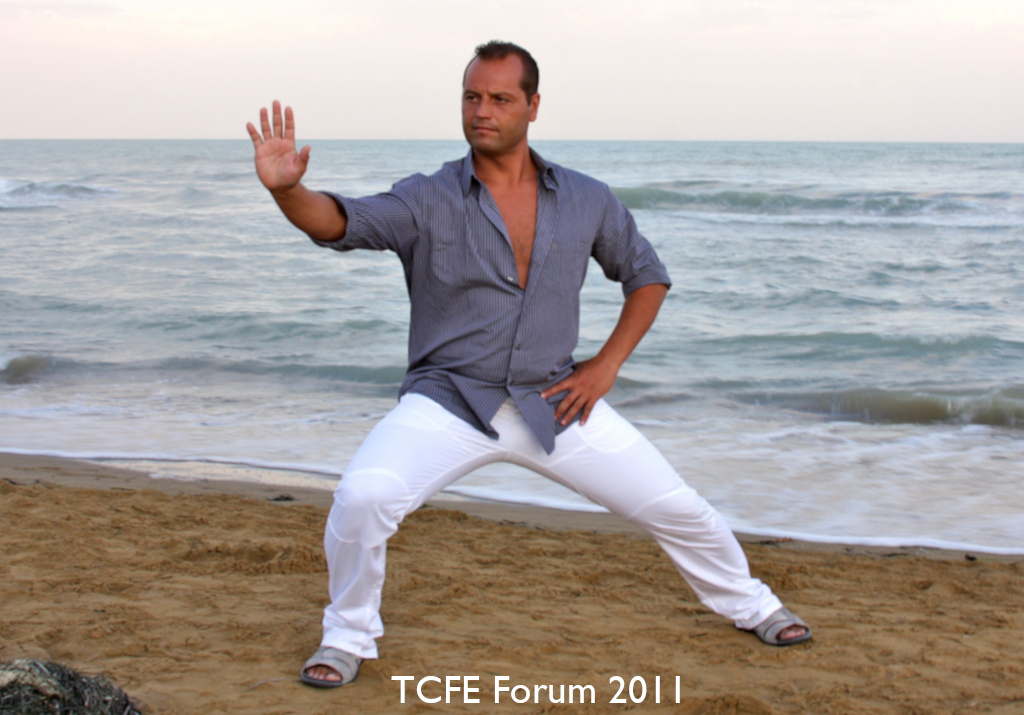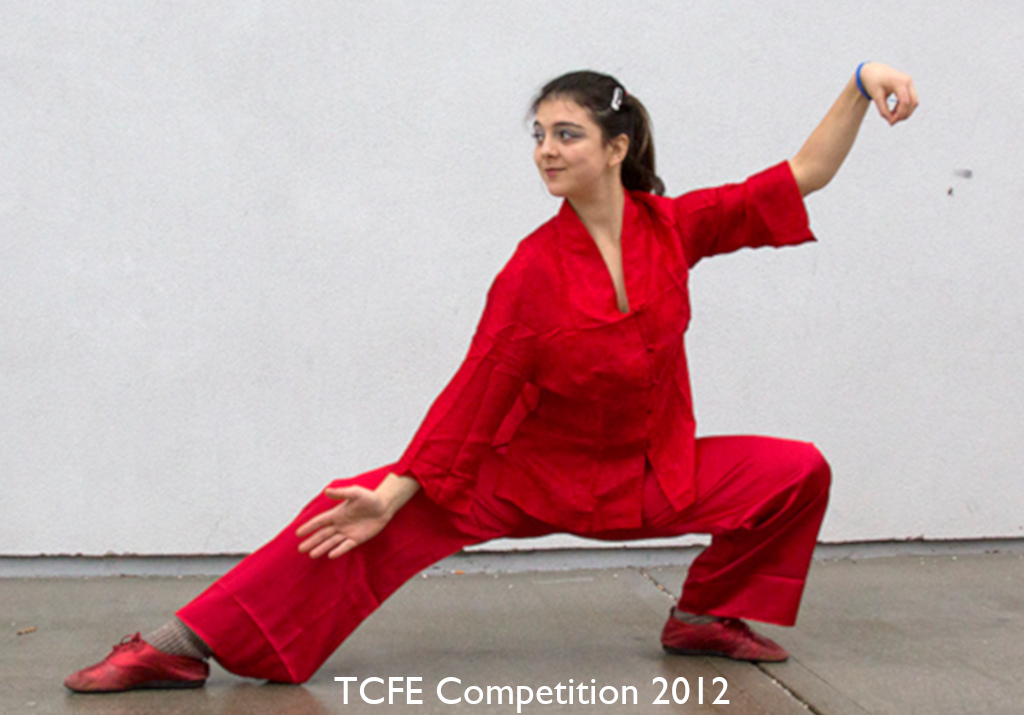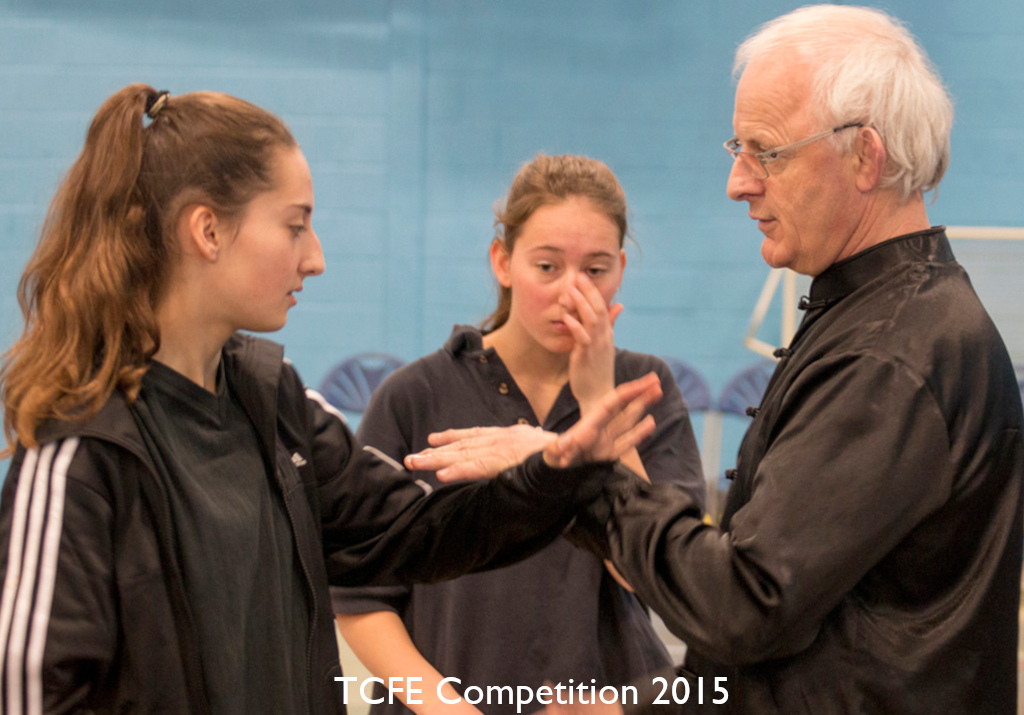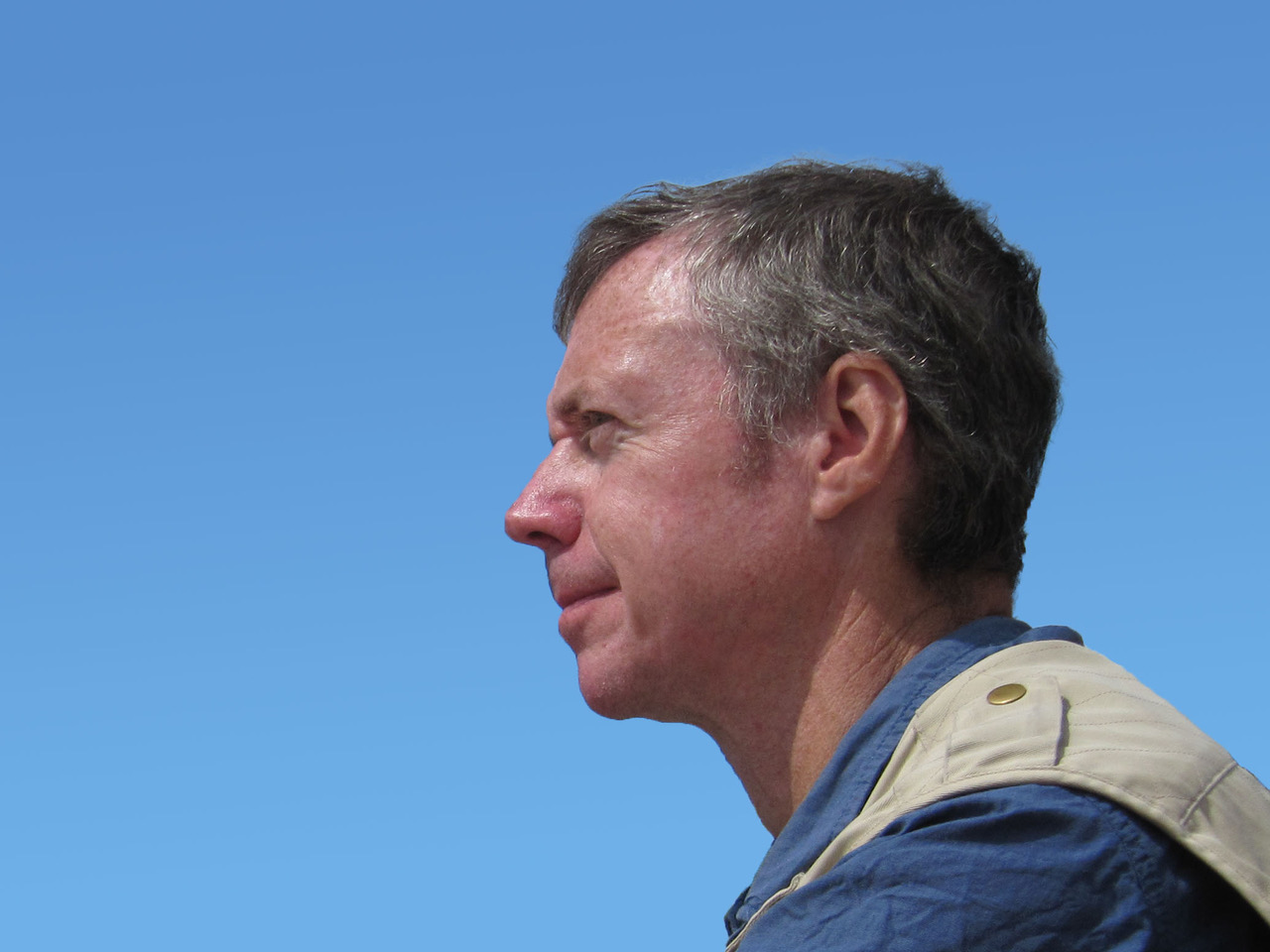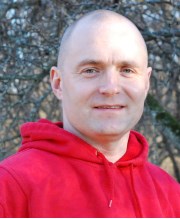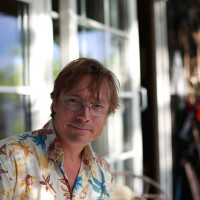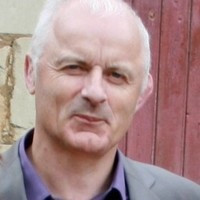About
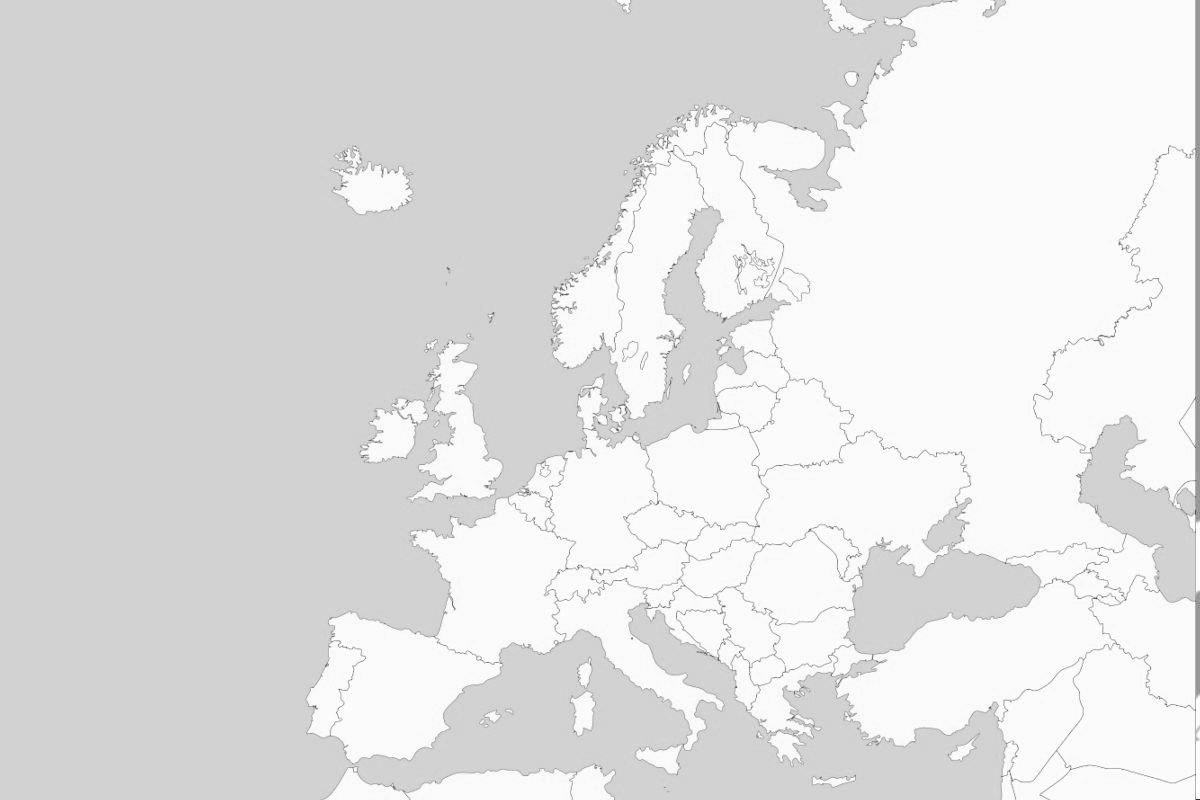
About The TCFE
The Taijiquan and Qigong Federation for Europe (TCFE) was founded in 1996 with the aim of connecting individual practitioners and organizations across Europe, fostering collaboration and shared growth within the internal arts community.
Since 2019, the original TCFE foundation (stichting) has ceased to exist. However, the spirit of the Federation lives on.
The Stichting Taijiquan Nederland (STN) has taken the initiative to help usher in a new phase — a revival of the TCFE, continuing the legacy, as STN was also among the founding forces behind the original establishment of the Federation.
We warmly invite all individuals, schools, and organizations who share this vision to join us in rebuilding the TCFE and shaping its future together.
